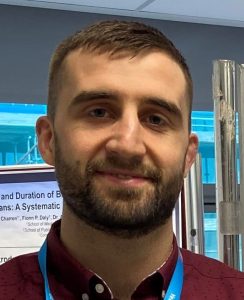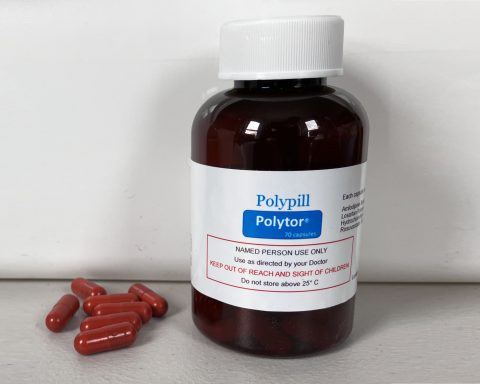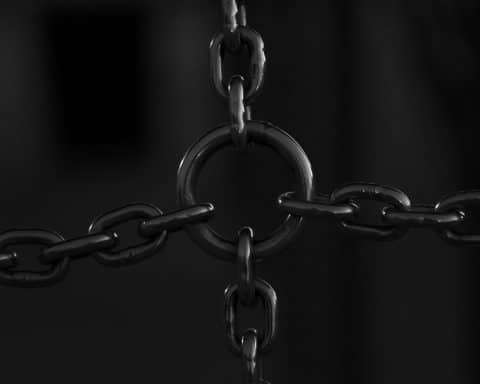
The Guilt of Privilege
“Man’s Search for Meaning” by Viktor Frankl is one of the most influential books I’ve ever read. Frankl, an Austrian psychiatrist developed a psychological approach called logotherapy, inspired by his experiences in Auschwitz concentration camp and the work of Nietzsche. “He who has a why to live can bear almost any how.” I bought into this mantra. However, a three-week elective GP placement with the Health Service Executive (HSE) Adult Homeless Integrated Team in Cork Simon Community forced me to challenge this school of thought. It assumes a baseline resilience, learned in childhood that can be employed during difficult times experienced in adulthood. The beginning we get in life is a lottery. I have struggled with the guilt of privilege since being exposed to the origins of homelessness and addiction.
From the moment I was born I’ve had two loving parents, clothes on my back, a roof over my head and food on the table. I have a grand total of zero adverse childhood experiences. I have never witnessed violence in the home, never seen a family member abuse alcohol or drugs, and thankfully neither of my parents have suffered mental illness. I never feared for my safety. I have always been encouraged. I was taught discipline. I was enrolled in music and sport. I can read and write. I attended a private secondary school and my parents helped to fund four years undergraduate studies, a one year masters and four years of postgraduate medicine.
Now take a child born into a dysfunctional family unit, with inherited trauma and living in a socio-economically deprived community. Add in childhood abuse, household violence and family members suffering from addiction or mental illness. How do children thrive in such an environment? I think it’s unfair to expect someone with this background to go out into the world, make sense of the injustice and, “Find their why”, as if it was that easy.
After months of reflection, I’ve decided my guilt serves nobody, and it won’t make a difference. I’m learning to replace guilt with gratitude and be thankful for the luck and opportunities I’ve been given. I’m not entitled to my privilege, I was born into it by chance, but I have control in how I choose to use it. I can still take inspiration from Frankl and Nietzsche, while recognising they are not universal principles, and individual context is required for their application.
The role of Medicine
As students we are taught to apply a systematic approach to our learning. When considering disease processes and differential diagnoses we are encouraged to risk profile patients according to modifiable and non-modifiable risk factors. It was once explained to me that, “You cannot escape your sex, age and family history.” Given the lack of choice and control we have in the environment we are brought up in, should social deprivation be considered a non-modifiable risk factor, in almost every disease process? Recognising deprivation allows for early intervention and facilitates better patient care. I’m inspired by the unique responsibility GPs have in identifying at risk or vulnerable individuals, and the opportunity they have to provide the additional supports needed. These supports can be employed before a person has even been conceived. Homelessness and addiction are not choices we make, they are the net result of accumulative disadvantage such as: childhood trauma, lack of education, unemployment, mental health problems, barriers to services, hopelessness, and availability of substances. However, it need not be an inevitability. Tackling social issues and narrowing the gap caused by deprivation requires equity in healthcare rather than equality. It is encouraging to see this being recognised and supported in Ireland. For example, Deep End are a group of general practitioners working in the most disadvantaged communities in Ireland and funding is now provided by the HSE in recognition of the additional supports required.
GP placement with the HSE Adult Homeless Integrated Team has given a new focus to my studies. It reaffirmed my “Why”. At this early stage in my medical training, it was invaluable to observe compassionate GPs delicately navigate complex consultations with empathy and kindness. No ulterior motive, just a willingness to provide the best standard of care for those that need and deserve it the most.
Featured image by Dimi Katsavaris on Unsplash









Readers who would like a brief introduction to the philosophy of Nietzsche need look no further than this journal as David Misselbrook discusses the Ubermench in the A to Z of medical philosophy https://bjgp.org/content/64/626/470